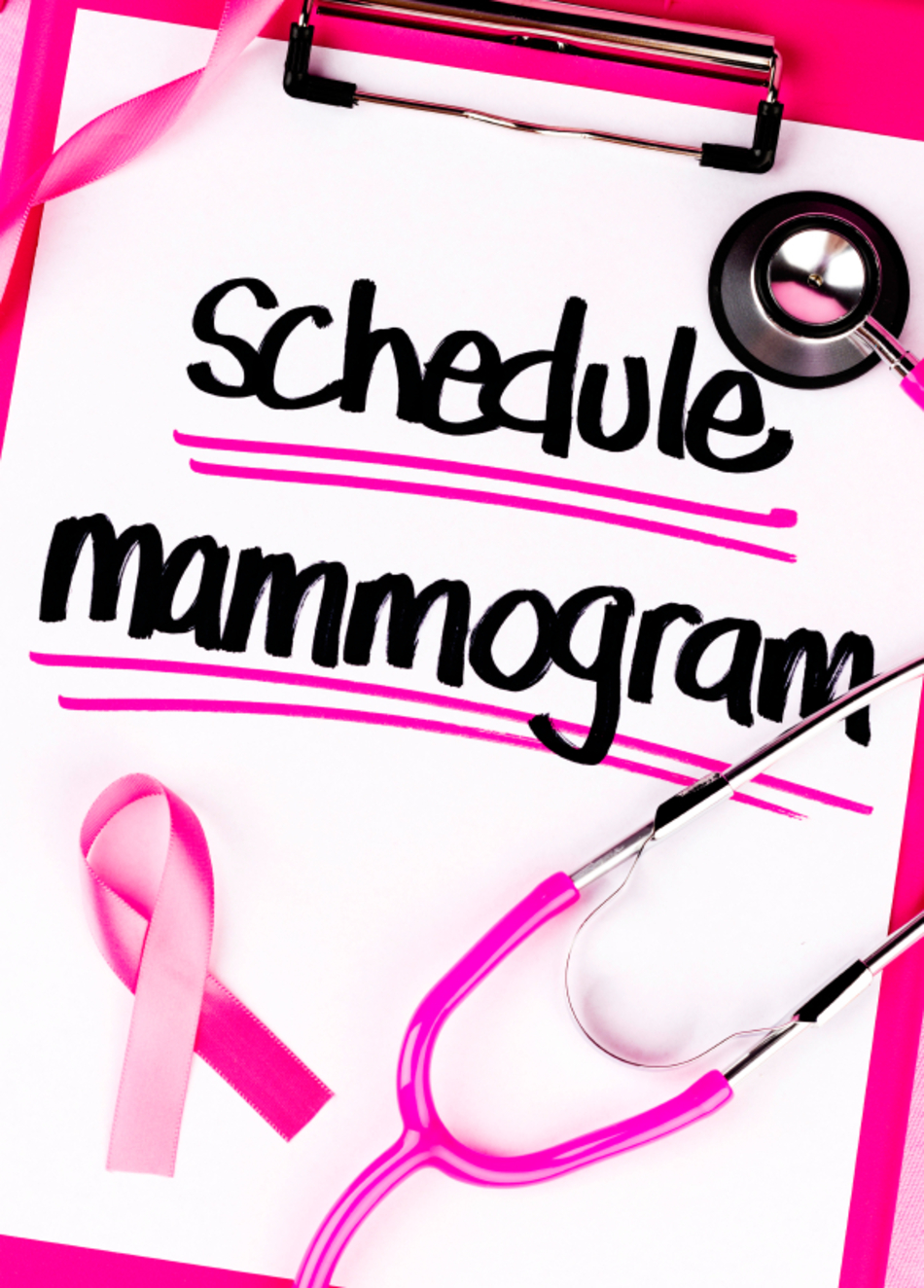
Episode Transcript
Recording: Medical news and research from University of Utah physicians and specialists you can use for a happier and healthier life, you're listening to The Scope.
Interviewer: We're talking with Marjean Barnett, Director of Medical Imaging here at Teton Valley Hospital. Is there a lot of misunderstandings, do you think, with women as to how often they should get mammograms , when they should start? Do you feel that there's some confusion?
The Recommended Age For a Mammogram
Marjean Barnett: I think there is, probably because the recommendations in the news change very frequently and there are national organizations that say, "Well, you don't need to start until you're 50 and you don't need to go more than every couple of years," but we sometimes will see a cancer appear that wasn't there just the year before.
I've seen a couple of cases of that just here recently. You really should get a baseline around 40 years old. Some of the more aggressive cancers occur in younger women, so if you're around 35 to 40 you need to be talking with your doctor about getting that baseline just to establish where you are.
Interviewer: So 40 is when women should really start worrying about it unless, I suppose, there's a family history of a particularly aggressive cancer then maybe earlier.
How Often Should You Get a Mammogram?
Marjean Barnett: That's correct, 40 is generally what's recommended. If you have family history like what's called a first degree relative would be a mother, a sister, a daughter, then you want to get your first mammogram earlier than the age at which they were diagnosed. Say if your mother was diagnosed at age 50 you definitely should have a baseline by the time you're 40, so ten years is a good window.
Interviewer: At 40 then how often after that?
Marjean Barnett: Usually yearly, our radiologist when they dictate the reports always recommend yearly.
Mammograms For Women Under 40
Interviewer: Are there any disadvantages for a woman if she's like, "I really would like to start at 35," is there anything wrong with that?
Marjean Barnett: The only problem that might come up there is that younger women who are still producing a lot more of the female hormones estrogen and stuff, their breast tissue can be more dense which makes it more difficult to see clearly on a mammogram.
Interviewer: So it really doesn't make much sense because you're not going to be able to really see anything anyway.
Marjean Barnett: No.
Why Mammograms Are Important
Interviewer: Any final thoughts for our listeners? If there's one thing that they would take away and tell another woman what would you have that thing be?
Marjean Barnett: It's inconvenient at most. Some people think it's going to be horrible, but it's over quickly. It can save your life.
Recording: We're your daily dose of science, conversation and medicine. This is The Scope, University of Utah Health Sciences Radio.